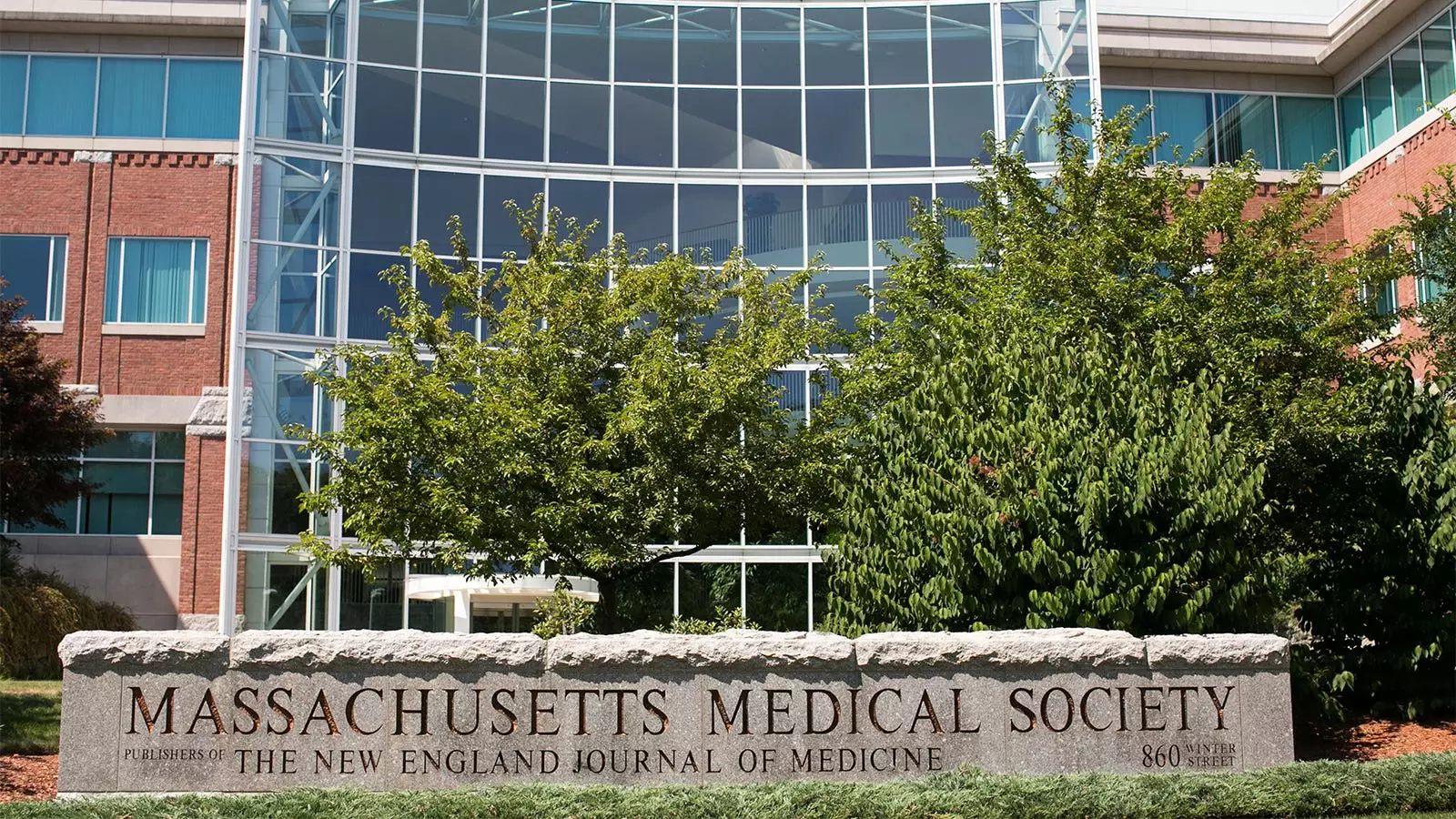Recently, the New England Journal of Medicine (NEJM) made the decision to limit access to its embargoed journal articles for certain publications. Dawn Peters, the director of strategic communications & media relations at NEJM Group, stated in an email to MedPage Today that news outlets catering to physician readers will no longer meet the criteria for embargoed access. She mentioned that as reporters apply to renew their media credentials, access will be revoked, as some applications from MedPage Today writers have already been denied due to the fact that the publication primarily serves clinicians and health care professionals.
The Rationality Behind the Change
The precise reason behind this change remains unclear, but Peters alluded to the fact that the landscape of medical publishing has evolved significantly since NEJM first introduced its embargoed access policy decades ago. She highlighted that NEJM Group now oversees multiple journals that physicians and clinical professionals can subscribe to. Peters also emphasized that there has been a surge in the number of media outlets focusing on medical professionals, summarizing articles from NEJM’s journals for clinicians. This prompted NEJM to take a more considerate approach when granting advanced media access, leading to the revocation of certain publications from the privilege.
Ivan Oransky, MD, a seasoned professional in medical news publications tailored to healthcare professionals, expressed his concerns regarding NEJM’s current stance. He interpreted the move as NEJM perceiving anyone writing for a clinical audience as competition, therefore restricting access to its flagship publication from such sources. Oransky contended that this level of control signifies NEJM’s inclination to expand its market share rather than fostering a transparent dissemination of clinical information. He critiqued the policy as regressive and contrary to the essence of embargo systems, which aimed to provide reporters with sufficient time to accurately report medical studies.
The updated policy’s implications for freelancers, including those contributing to a mix of consumer and trade publications, have raised concerns. Peters indicated that freelancers must produce regular, original news content for publications catering to the general public to be eligible for embargoed access. The revised eligibility criteria on the NEJM Media Center website have sparked questions about the scope of coverage allowed for freelancers and the limitations on pitching certain publications.
Despite the lack of confirmation from Peters regarding restrictions on embargoed material for other physician-focused publications like Medscape, Healio, and MJH Life Sciences publications, the emphasis remains on evaluating individual reporters’ applications during the renewal of their access. This cautious approach suggests a broader reevaluation of media access to medical publications beyond NEJM’s specific policy changes.
NEJM’s recent decision to modify its embargoed access criteria has sparked debates within the medical publishing industry. The implications for press freedom, accurate reporting, and market competition are subjects of concern among journalists, industry professionals, and freelancers. As the landscape of medical journalism continues to evolve, the balance between access, transparency, and competition remains a critical point of discussion within the industry.


Leave a Reply